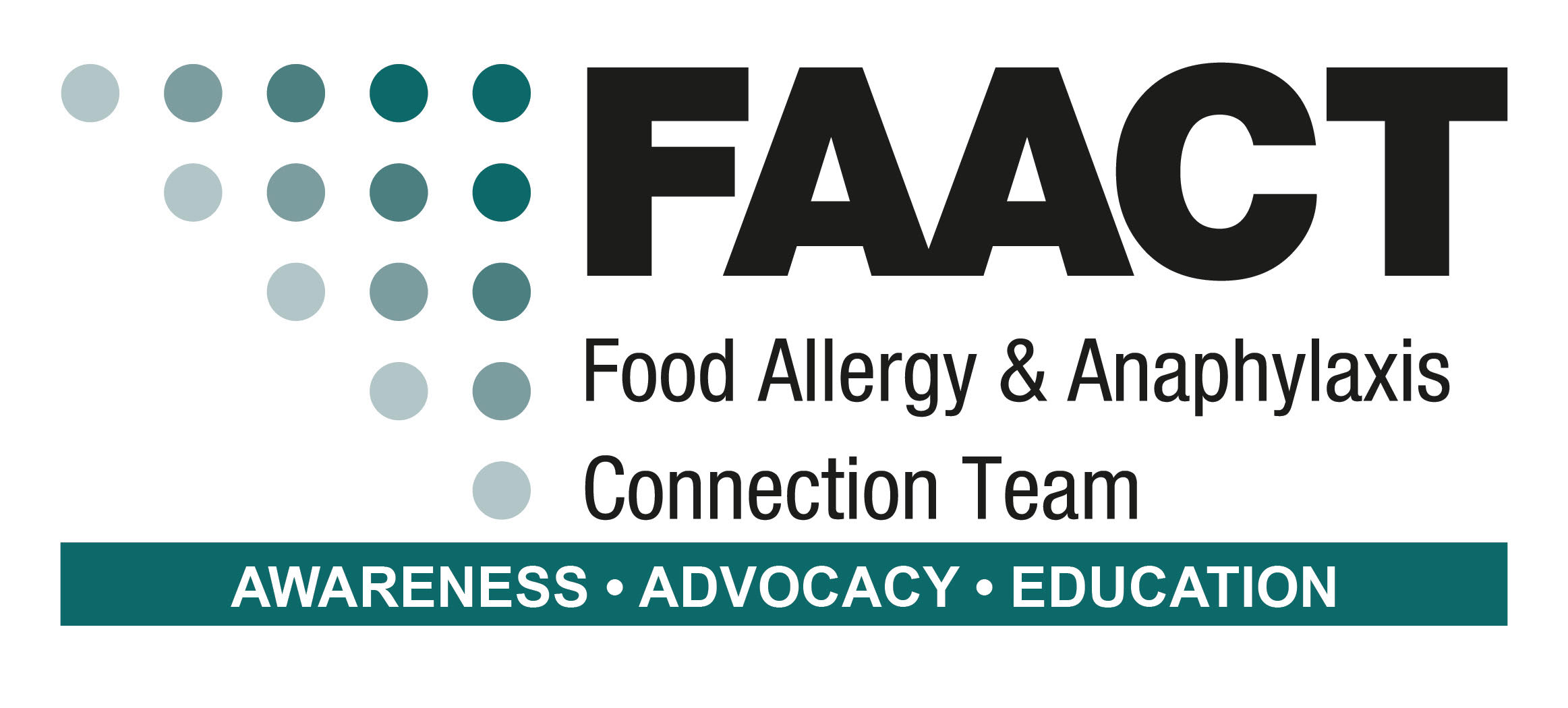Media

Submitted to FDA on April 25, 2023
Pulmonary-Allergy Drugs Advisory Committee Meeting
U.S. Food and Drug Administration
Docket number is FDA-2023-N-0984
May 11, 2023
Fear. It’s the one constant in the lives of every parent whose child has a life-threatening allergy. Will my child be exposed to peanuts today? Or get stung by a bee? Or react to latex balloons someone brought to a party? And the even scarier question: Will they get an epinephrine injection in time?
For decades, auto-injectable epinephrine has been the only treatment that can halt anaphylaxis after someone is exposed to a life-threatening allergen. And patients have been thankful for it. But the reality is that too many parents and adult patients have held back on administering auto-injectable epinephrine—even when it is clearly needed—out of another type of fear: Fear about what the injection may do to their body or simply a fear of needles(1). And as a result, there have been unnecessary deaths.
That’s why the Food Allergy & Anaphylaxis Connection Team—a national nonprofit that works to educate, advocate, and raise awareness for all individuals and families affected by food allergies and life-threatening anaphylaxis—is so excited about neffy®, a smaller alternative epinephrine nasal spray currently under FDA review. We truly believe this product will save lives by eliminating access barriers to this critical treatment.
As one FAACT Teen Retreat participant shared, “As a college student and athlete with food allergies, I have a real fear of needles. It terrifies me to think I might need to use an auto-injector on campus one day. But what I fear more than the needle is my hesitation to use an auto-injector during a life and death situation.” Patient and caregiver hesitation is a serious concern. In one study, researchers discovered that “even when parents were witnessing their child suffering a severe reaction, the thought of giving a needle often seems an overly invasive intervention, despite the fact that they recognize it is necessary.”(2)
If children are raised witnessing parent/caregiver hesitation, we worry that as adults they will continue to potentially delay treatment. One study demonstrated that a majority (56%) of parents expressed fear regarding the use of an emergency auto-injector.(3)
Auto-injectors can also be bulky to carry around—particularly in a pair as recommended by medical professionals. They are also very temperature sensitive, limiting where they can be stored and requiring special care to keep epinephrine nearby (such as storing them in a cooler on a hot summer day outdoors). We are hopeful that the neffy® nasal spray will address these barriers to treatment as well.
The Voice of the Patient Report, published in October 2022 by the Food Allergy Collaborative—a coalition of eight food allergy organizations (including FAACT), people living with food allergies, industry partners, and FDA—highlights the need for less-invasive diagnostic and treatment options and urges development of new alternatives to auto-injectors to deliver epinephrine. Anything we can do to get epinephrine into the bodies of the people experiencing a life-threatening allergic reaction is a life saved.
Food allergies affect as many as 32 million Americans, including 26 million adults and 5.6 million children. We believe neffy® is a positive step forward in helping protect those 32 million lives. Thank you for your consideration.
Thank you,
Eleanor Garrow-Holding Shahzad Mustafa, MD
President & Chief Executive Officer Chair, Medical Advisory Board
_____________________________________
1. McLenon J, Rogers MAM. The fear of needles: A systematic review and meta-analysis. J Adv Nurs. 2019 Jan;75(1):30-42. doi: 10.1111/jan.13818. Epub 2018 Sep 11. PMID: 30109720.
2. Chad, L, Ben-Shoshan, M, Asai, Y, Cherkaoui, S, Alizadehfar, R, St-Pierre, Y, Harada, L, Allen, M, Clarke, A. A majority of parents of children with peanut allergy fear using the epinephrine auto-injector. Allergy 2013; 68: 1605– 1609.
3. Chooniedass R, Temple B, Martin D, Becker A. A qualitative study exploring parents' experiences with epinephrine use for their child's anaphylactic reaction. Clin Transl Allergy. 2018 Oct 18;8:43. doi: 10.1186/s13601-018-0230-y. PMID: 30349666; PMCID: PMC6193301.